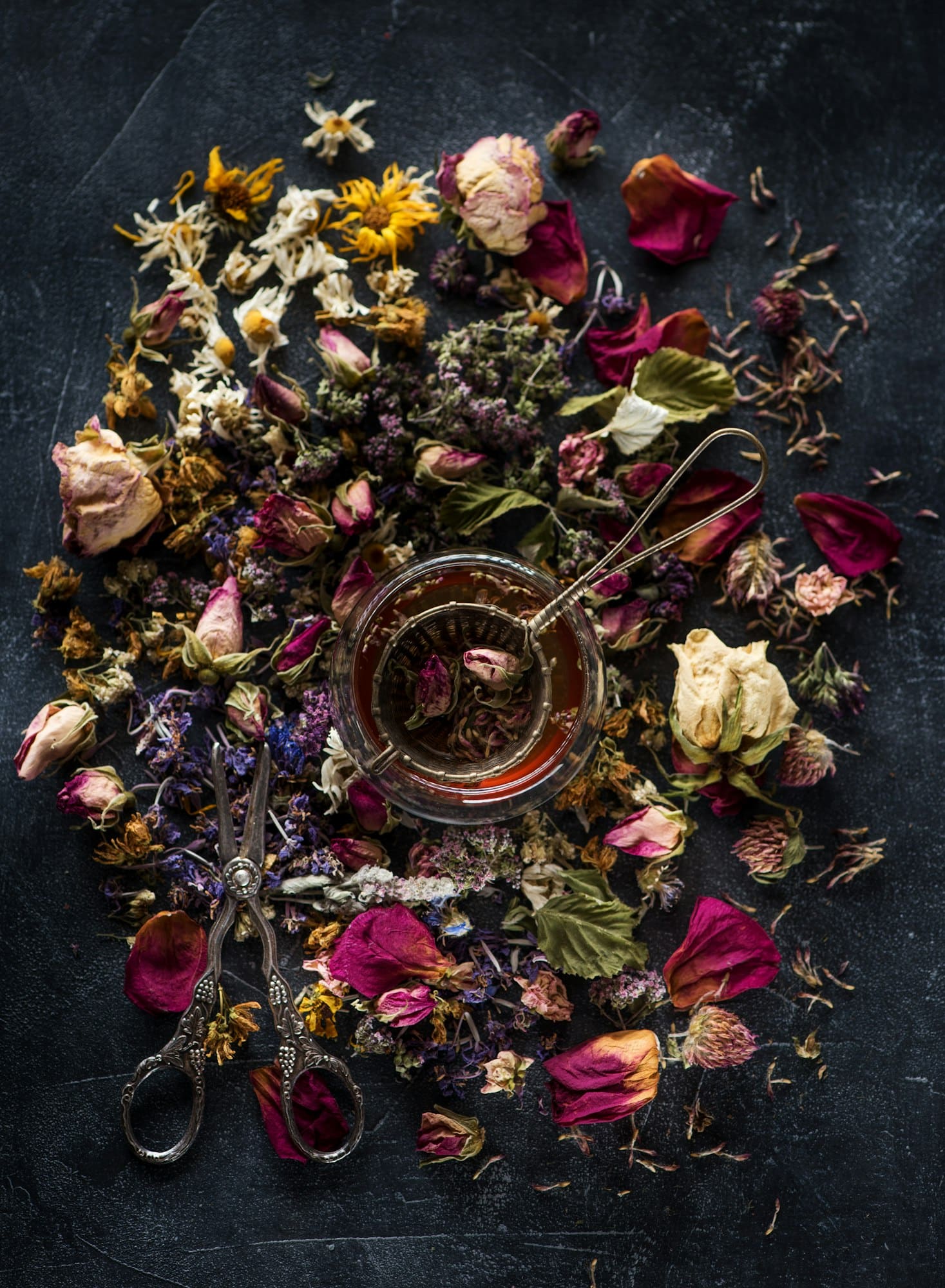Sleep is indispensable to human health. It is one of the key pillars supporting our physiological system. Poor sleep quality, often manifested as insomnia, can lead to numerous health issues, such as fatigue, decreased cognitive function, and even severe conditions like obesity and heart disease. Given the significance of sleep for our overall wellbeing, it’s no surprise that many individuals are seeking effective ways to improve their sleep quality.
In recent years, herbal medicine, especially in the form of sleep aids, has emerged as a popular alternative to conventional pharmaceuticals. These plant-based remedies, including valerian and melatonin, are widely recognized for their natural and often gentler effects on the body. But what does academic research say about these herbal solutions? Utilizing resources such as PubMed, Google Scholar, and NIH, this article will explore the science-backed best practices for using herbal remedies to enhance sleep quality.
A découvrir également : Can Regular Facial Acupuncture Improve Skin Elasticity and Reduce Signs of Aging?
Valerian Root: An Ancient Sleep Aid
Valerian root has a long history of use in traditional medicine as a natural treatment for sleep disorders. It is commonly known for its sedative effects which can help to alleviate symptoms of insomnia.
Studies published on PubMed, a free resource of the National Library of Medicine (NLM) and an important tool for health-related information, reveal that valerian root can significantly improve sleep quality. A study listed on NCBI PubMed, suggests that valerian’s effects might be due to its interaction with the gamma-aminobutyric acid (GABA) system, the body’s chief inhibitory neurotransmitter, which plays a crucial role in promoting sleep.
Lire également : How Does Bouldering Impact Psychological Well-being and Stress Management?
The best practice for taking valerian includes consuming it in the form of a tea or a dietary supplement one hour before bedtime. It’s advised to follow the dosage recommended by health professionals or as directed on the product label.
Melatonin: The Body’s Natural Sleep Regulator
Melatonin is a hormone that our bodies naturally produce in response to darkness. It is vital in regulating our sleep-wake cycle, making it an effective herbal remedy for sleep disorders, particularly insomnia.
Numerous studies available on Google Scholar, another rich resource for academic articles, have demonstrated the efficacy of melatonin in improving sleep quality and reducing sleep onset latency. However, melatonin supplements should be used with caution. According to a review from the National Institutes of Health (NIH), taking a melatonin supplement half an hour to an hour before going to bed can assist in shifting the body clock and inducing sleep. However, the dosage can vary depending on individual needs, so it’s best to consult with a healthcare provider.
Crossref Studies on Herbal Mixtures for Sleep Aid
In recent years, the efficacy of herbal mixtures in promoting sleep has been the subject of various studies listed on Crossref, a reputable academic database. These studies often examine combinations of different herbs, like valerian and hops, or chamomile and lavender.
For instance, one study found that a valerian-hops combination could effectively reduce insomnia severity and improve sleep quality. Another study revealed that a blend of chamomile and lavender could provide a calming effect, promoting relaxation and aiding sleep.
The key to using these herbal mixtures is understanding the specific benefits of each herb and how they work together to support sleep. It’s best to consult a herbalist or a healthcare professional before using these mixtures to ensure safety and effectiveness.
Studying the Side Effects of Herbal Sleep Aids
Just like conventional medications, herbal remedies can also have side effects. Even though they are generally considered ‘natural,’ it doesn’t mean they are always safe to use. It’s important to familiarize yourself with potential side effects before starting any herbal sleep aid.
For instance, while valerian root is generally considered safe for most adults when used short-term, some people might experience headaches, dizziness, or stomach problems. On the other hand, some users of melatonin report a feeling of grogginess upon waking.
Remember, it’s always best to consult health professionals or refer to reputable resources such as PubMed, Google Scholar, NIH, and NCBI to understand the potential side effects of herbal sleep aids.
Ensuring Quality of Herbal Sleep Aids
Quality is a critical factor when it comes to herbal sleep aids. Due to the lack of strict regulations in the herbal supplement industry, the quality of products can vary greatly. It’s crucial to select products from reputable companies that prioritize the purity and potency of their ingredients.
The NIH suggests looking for products that carry a seal from a third-party organization that provides quality testing. These seals can provide assurance that the product was properly manufactured, contains the ingredients listed on the label, and does not contain harmful levels of contaminants.
Remember, while herbal remedies can be effective in enhancing sleep quality, they are not a substitute for good sleep habits. Maintaining a regular sleep schedule, creating a restful environment, and avoiding stimuli before bedtime are all fundamental to achieving high-quality sleep.
The Role of Placebo-Controlled and Double-Blind Systematic Reviews in Herbal Sleep Aid Research
Placebo-controlled and double-blind systematic reviews are considered the gold standard in clinical research. These reviews use rigorous methodologies to minimize bias and increase the reliability of the findings. When it comes to researching herbal sleep aids, such systematic reviews are crucial in not only assessing the efficacy of these remedies but also ensuring their safety.
Several placebo-controlled, double-blind systematic reviews have been conducted on the effects of valerian root and melatonin, both as standalone treatments and in combination with other herbs. These studies, listed on PubMed NCBI, NLM NIH, and Google Scholar, provide solid evidence for the effectiveness of these herbal remedies in enhancing sleep quality.
For instance, a systematic review listed on PubMed NCBI showed that valerian root could significantly improve sleep quality compared to a placebo. Similarly, a double-blind study found on NLM NIH demonstrated that melatonin was effective in reducing sleep onset latency.
However, it’s important to consider that the effects of these sleep aids can vary between individuals. Older adults, for example, may require different dosages or experience different side effects. Therefore, it’s essential to consult healthcare professionals before starting any new sleep aid regimen.
The Importance of Good Sleep Hygiene Alongside Herbal Remedies
While herbal remedies can be a useful tool in promoting better sleep, they should not replace good sleep hygiene practices. In addition to taking sleep aids, creating a restful sleep environment and maintaining a regular sleep schedule are key factors in achieving quality sleep.
Creating a restful sleep environment involves making your bedroom a sanctuary for sleep. This includes keeping the room dark, quiet, and cool, using a comfortable mattress and pillows, and eliminating electronics that emit blue light.
Maintaining a regular sleep schedule means going to bed and waking up at the same times every day, even on weekends or days off. This habit can help regulate your body’s internal clock and improve your sleep quality over time.
In conclusion, remember that herbal sleep aids can be effective in improving sleep quality when used correctly and in conjunction with good sleep hygiene practices. Always consult healthcare professionals, refer to reputable resources, and prioritize the quality of the sleep aids you choose to ensure safety and effectiveness.











